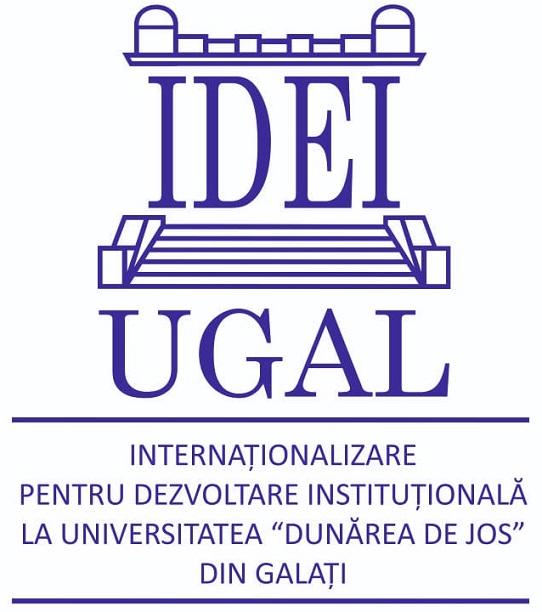Keynote Speaker
Marc J.M. Abadie
Marc J.M. ABADIE is Professor Emeritus (since 2009) at the University of Montpellier, Institute Charles Gerhardt of Montpellier and ERA CHAIR holder Horizon 2020 at SupraChem Lab, Institute of Macromolecular Chemistry “Petru Poni“, Iasi, Romania. A Macromolecular chemist from Louis Pasteur University of Strasbourg (France), Professor Abadie received his BSc (1960), MSc (1961) and PhD (1963) and later his Doctorat es Physical Science on "Oxidative Degradation of PS by gamma Ray" in 1972 at the "Centre de Recherche sur les Macromolécules" in Strasbourg. He has published 14 books and 12 patents. He has advised nearly 95 M.S. and 52 Ph.D. students with whom he has published over 430 per reviewed papers.
Abstract: The educational system of a country reveals the state of spirit but also the Well-being of the country. It is a long chain that leads the individual from the child to the adult state. It is a state that is fragile to maintain in an era where everything goes very fast and where everything is constantly questioned for various reasons, trends and where ideology often takes precedence over reason. This adjustment is necessary in certain disciplines, in particular in the scientific field such as Hard Matter where new concepts have emerged in the field of molecular and supramolecular biology, digital technology, artificial intelligence and space-related technologies. On the other hand, other disciplines related to Soft Matter are less dependent on changes, nonetheless! In the 21st century, what are the different options to be developed, what are the means to be implemented and how can we achieve this without fundamentally changing what has already been achieved, in order to offer everyone a path of excellence that can satisfy every one? Ultimately, an education system of excellence must allow the development of cutting-edge research and innovation that, in the final stage, will result in the emergence of new industries supported by “avant- garde” technologies. In this presentation and on the basis of the French education system, we will introduce and discuss the different factors and mechanisms that allow excellence to be established in the educational system, in particular: -political commitment, -the return to fundamental and not cross-disciplinary teaching, - training, -the rigor of choices, -meritocracy, -language, -research, -innovation ..... to name some of them.

Keynote Speaker
Dragos Axinte
Abstract: The journey is more important than the destination. Nevertheless, the contrast between the start and end-point could be of some relevance...
My talk is not about in-depth research results; these can be easily accessed online, if of any importance. My talk is not about professional achievements; if any, they can be of little interest to the general audience.
But my talk will focus on the excitement of discovery, if this does not overestimate the reality, in science and engineering of manufacturing. Examples of research projects that started from genuine curiosity in topics that, I knew very little then and I know even less now, developed to demonstrators and products are presented from the perspective of an inquisitive approach. Some milestones, i.e. breakthrough ideas, of the journey that allowed me to evolve from a "simple" machinist in Eastern Europe to a curious researcher in UK are highlighted.
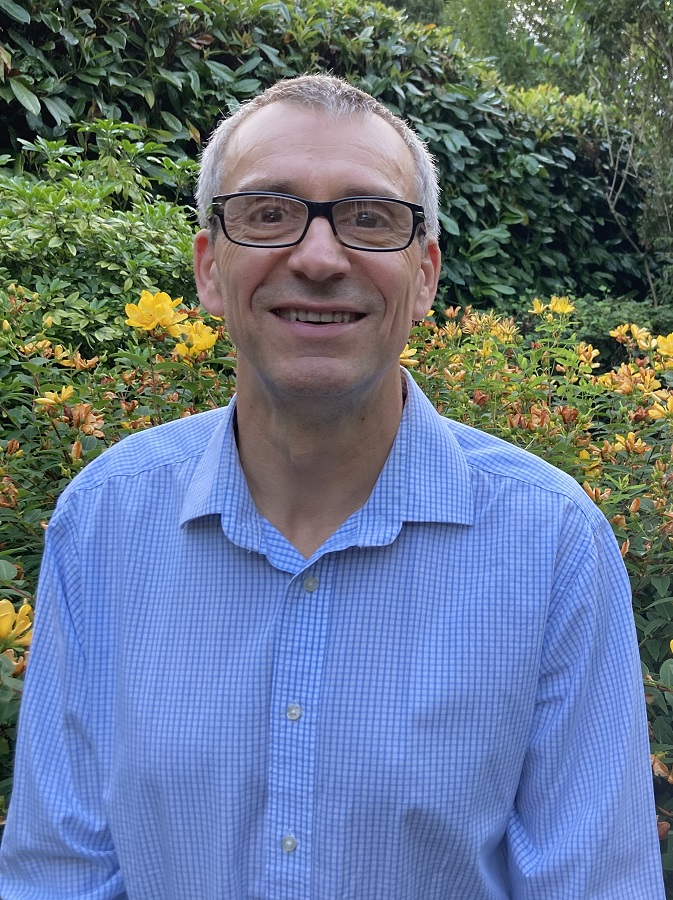
Keynote Speaker
Mariana Bernardino
Mrs. Mariana Bernardino is the Leader of the Group of Marine Environment from Centre for Marine Technology and Ocean Engineering (CENTEC), University of Lisbon, Portugal. Having a PhD in Physics (Meteorology) awarded by the University of Lisbon in 2004, she worked as a researcher in several Portuguese state Institutes as Hydrographical Institute (IH): 2003-2007, Portuguese Institute for the Sea and the Atmosphere (IPMA): (2010-2015) being integrated in several national and international research projects related to wave modelling and to climate change. Dr. Bernardino was responsible for the EC -Earth simulations for CMIP5, performed at IPMA Atmosphere. She also belongs to the to the COWCLIP community. She coordinated various research projects at CENTEC.
Abstract: The Sixth Assessment Report (AR6) of the United Nations (UN) Intergovernmental Panel on Climate Change (IPCC) was released last August. According to this report, it is only possible to avoid warming of 1.5 °C or 2 °C if massive and immediate cuts in greenhouse gas emissions are made. In this presentation I will talk about about the physical bases of climate change and of the foundational consensus of the climate science behind the causes and effects of human greenhouse gas emissions. In a secound stage, implications of climate change for the marine enviroment, as coastal and offshore ecosystems and infrastructures will be explored. Finally, the way for green enegy and the european offshore renewable energy strategy will be discussed.

Keynote Speaker
Adrian Bejan
J.A. Jones Distinguished Professor
Duke University, USA
Adrian Bejan received the Benjamin Franklin Medal (2018) and the Humboldt Research Award (2019) for thermodynamics and the constructal law of natural design and its evolution in nature, society and science. His degrees are from the Massachusetts Institute of Technology (B.S.1971, M.S.1972, Ph.D.1975). He has authored 685 peer-refereed journal articles and 30 books, and has been awarded 18 honorary doctorates from universities in 11 countries.
Abstract: Evolution is the defining phenomenon of nature. This lecture outlines the role played by freedom and evolution in physics (thermodynamics): given freedom, movement exhibits the tendency to evolve into configurations that provide greater access. The lecture traces the modern evolution of flow systems that morph with freedom toward greater flow access, animate and inanimate. The progress is in two ways, incremental and with sudden step changes in flow configuration and performance. All this is predictable, in accord with the constructal law. The doctrine of evolutionary design (constructal design) teaches how to predict evolution in general, and how to fast-forward technology evolution. The lecture is based on the book:
FREEDOM AND EVOLUTION: Hierarchy in Nature, Society and Science, Springer Nature, 2020.
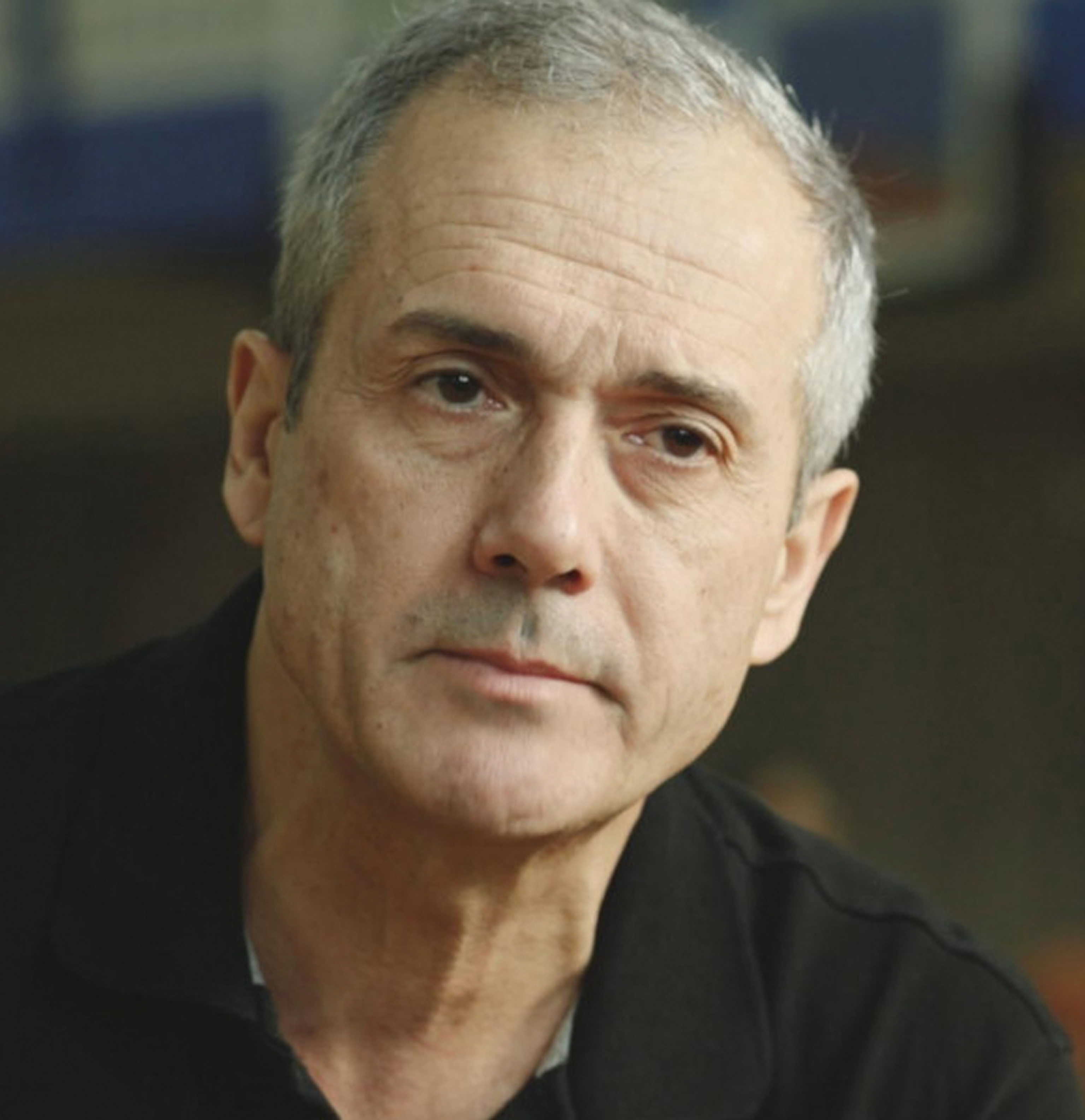
Keynote Speaker
Gerard A. Weber
Gerard Weber is an Associate Professor in the Department of Social Sciences at Bronx Community College of the City University of New York. He completed a doctorate in sociocultural anthropology at the City University of New York Graduate Center. The primary focus of his research has been on the impact of the transformation to market capitalism and cutbacks to the public sector on working-class families in Galati, Romania. His writing has appeared in Human Organization, Anthropology Now, The Cultural Context of Aging: Worldwide Perspectives, 4th ed. and other publications.
Abstract: The epoch following the end of communist rule in 1989 in Romania has been marked by profound changes affecting the lives of working-class families in Galati. They include the privatization and restructuring or outright closure of industrial facilities that had contributed to the storied history of the city as a vital center of the economy of Romania and a source of national pride. An outcome of this has been the departure of working-aged men and women to other parts of Romania and abroad for viable employment. The withdrawal of adequate revenue for the state sector, which has left public housing, health care, education, transit, infrastructure and more unable to serve the population well and has meant that entitlements such as unemployment insurance and pensions do not sufficiently meet the needs of those who rely upon them, has been another major transformation of this era. The paper examines in particular the implications of these dramatic shifts on the lives of working-class retirees, drawing on anthropological research I have conducted in Galati over a period of approximately 30 months from 2004 to 2019. I explain what an anthropological account is based upon and why the science of anthropology is necessary. Some of the ways in which retirees have striven in the face of such fundamental change are described, including taking up work in the informal sector, maintaining and building social connections with those who have remained, moving out the city entirely and other strategies. Overwhelming this resilience, however, has been a cascade of disadvantages – overwork, stress, longing for family and more – which call attention to the need for major revisions to national economic policy.
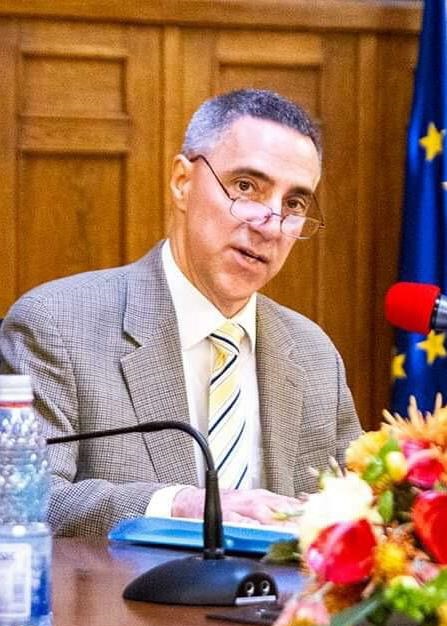
Keynote Speaker
Marian Sava
Marian C Sava, sculptor, born 1950, Galati, Romania, is a graduate of the Royal Academy of Fine Arts in Brussels, Academic Knight of the International Academy "Greci Marino" of Italy, and Member of the Cercle Royal Gaulois Artistic and Literary of Belgium. Presented in numerous prestigious exhibitions and public places, he has made monumental sculptures in Belgium, France, Greece, Lebanon, Turkey. Received awards and honors in France, Luxembourg and United Kingdom. Published in Encyclopedias of Art in: Germany, Belgium, France, Italy, Romania, UK, USA.
Abstract: Life is worth living with passion ... and sculpting has always been the passion which has given meaning to my life. I have sculpted in wood, I have cast in bronze, I have worked in clay, plaster and various resins, and later I switched to marble and granite sculpting.
The marble fascinated me from the very beginning. I discovered the black marble in Golzinne Belgium, the only place in the world where this exceptional type of marble may be found.
From the Taj Mahal to the Palace of Versailles, the Belgian black marble is a symbol of numerous prestigious places. It is surprising that this marble, which is dark, indefinite, gray in its natural state metamorphoses into an incredibly splendid deep, pure black material which shines like a mirror after a long process of polishing.
As a sculptor, I have treated the surface of this fascinating material in different ways and I have imagined, through rhythms, striations or signs, a real dialogue between full and empty, black and white, light and darkness...
The space between the hard marble elements does not separate them. On the contrary, it unites them, holding them together and vibrating together ... like a dance, like music...
That is how I came up with VIBRATIONS in 3D, a large series of works which have become, more than a personal imprint, a true artistic creed to which I have dedicated myself. These works immortalize the invisible waves of the Universe, in an attempt to make them palpable, to turn them into indestructible witnesses of the intense emotions and feelings surrounding us....
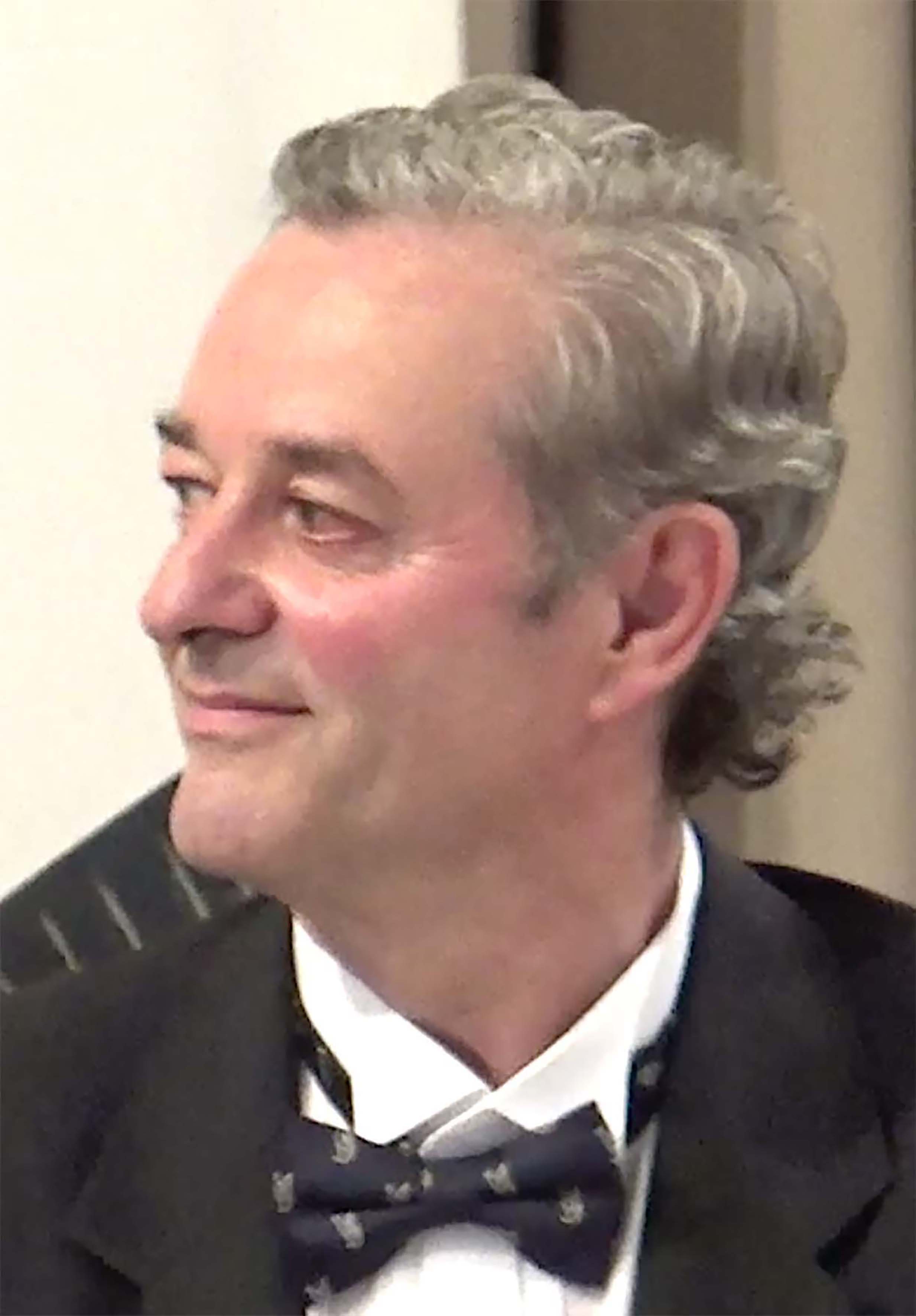
Keynote Speaker
Sorin Alexe
Sorin holds a PhD in Operation Research from Rutgers University. Sorin’s main research interests include Algorithms Design, Discrete Math, Machine Learning, and construction of predictive models for financial markets. Using human-in-the loop Machine Learning techniques, he has developed a Quantitative Machine Learning – QML– research platform for alpha discovery and portfolio construction. He has several experiences with large hedge funds and investment banks from the USA. He has been collaborating with several universities (e.g., Cornell Tech, Florida Institute of Technology) on various research projects related to the application of Machine Learning to large time series financial datasets.
Abstract: The first part of this presentation aims to provide an insight into the financial investments and especially into hedge funds and investing banking. What kind of challenges would face an individual seeking a career in this sector? What kind of challenges would face a money manager in terms of selecting profitable investment strategies and hedging against known risk factors? Several cases will be presented, together with the analysis of the risk environment that generated the ups and downs.
The second part is a brief introduction of QML Alpha - a research platform for the construction of stock market strategies based on large datasets and involving mathematical transformations, Machine Learning algorithms and advanced hedging techniques.

